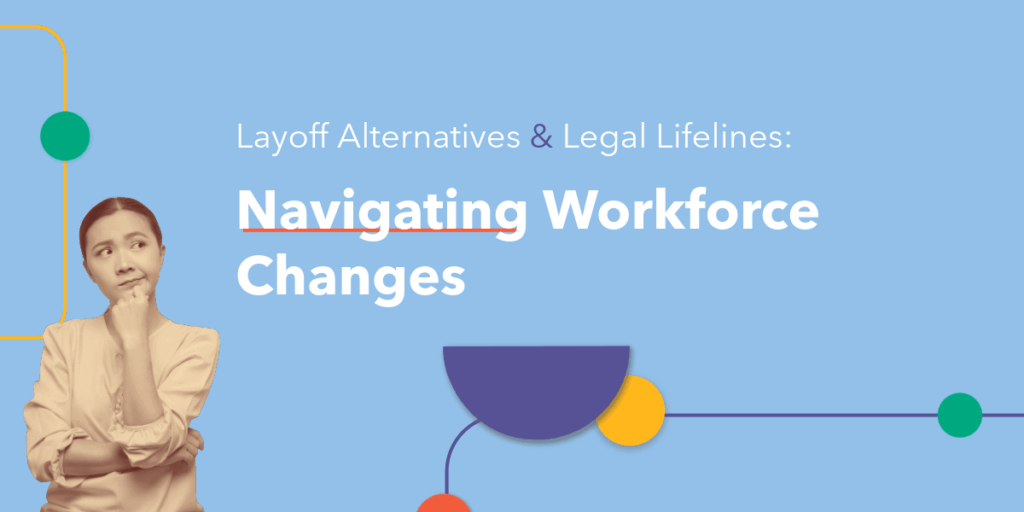Emotional hiring-decisions can result in extreme cost to your business or organization.
Harvard Business Review has stated that as much as 80% of employee turnover is due to bad hiring decisions. The panic to fill a vacant role can result in one of the more costly mistakes a manager can make.
Too often, hiring managers become overwhelmed by anxiety when an individual resigns.
This directs focus on merely putting a body in a vacant chair, versus reviewing the requirements relative to the business need and the talent and skills required to fulfill that need to contribute to the success and growth of the business. Skill gaps and flaws are overlooked in an effort to fill the role as quickly as possible.
Curbing this behaviour is difficult as the fear of not delivering on commitments to customers, missing goals and targets, combined with the added pressure and work on the team and manager results in panic and emotionally triggered decisions.
Unfortunately, this happens at all levels within an organization including executive, and in organizations both large and small.
The cost of a bad hire?
The costs can include the following:
- Recruitment costs – including time spent sourcing, interviewing, hiring and onboarding by the manager and team
- Lapse in time to productivity
- The negative impact on team performance
- The disruption to incomplete projects
- Lost customers
- Use of outplacement services
- Weakened employer brand
- Litigation fees
- Impact on organization culture
Emotional hiring can be influenced by additional factors beyond speed and panic. Often, hiring managers try to clone staff or clone themselves. The clone hiring effect does not happen intentionally, however, individuals are naturally drawn to candidates that share similar interests, have similarities in experience, mutual networks or even comparable family or personal situations.
The propensity to clone with respect to hiring decisions also results in a detrimental effect to workforce diversity as employee skills, experiences and demographics of the employee base become very similar.
A true talent review and attraction process
While blame is often pointed at hiring authorities for emotional and negative impacting hiring decisions, most managers and decision makers lack the support and training to manage a true talent review and attraction process. Training is partly to blame as managers lack the skills to properly assess a candidate’s ability to do the job, and simply have never been trained on how to effectively do so.
Often times the interviewer works to accommodate the candidate’s responses versus probing for the true accomplishments and impact the individual has made. Assessment of technical and/or subject matter expertise is non-existent in the process.
There is often an over reliance of templated behavioural based interviewing questions used with no understanding or training on the techniques provided. This creates an inability to probe beyond the typical response toward the detail and reality of the individual’s true contributions and accomplishments. This is critical in ensuring the individual has the skills, competencies and cultural fit for your organization.
Time is key.
It is critical that appropriate time be allotted, combined with the expertise, and focused on sourcing key talent and individuals in the target market. If using a third party to complement your search for talent, ensure the use of a trusted and proven partner committed to placing the required talent fit in your organization to succeed and contribute in the long-term. Avoid firms driven by high commissions and margin that are inspired by high volume, low quality submissions which compromise standards in filling true talent and skill gaps.
So what is success then?
Success is ensuring you are being provided the right talent versus sold a rehearsed candidate, whose presentation and resume have been molded to fit the need. This type of submission preys on “knee-jerk, emotional hiring” decisions but will create huge cost and negative impact in the long run.
If you are interested in speaking with a member of the Talent Solutions Practice to learn more about how they may be able to help you, give us a call at (613) 656-3499 or contact us at info@businesssherpagroup.com.










